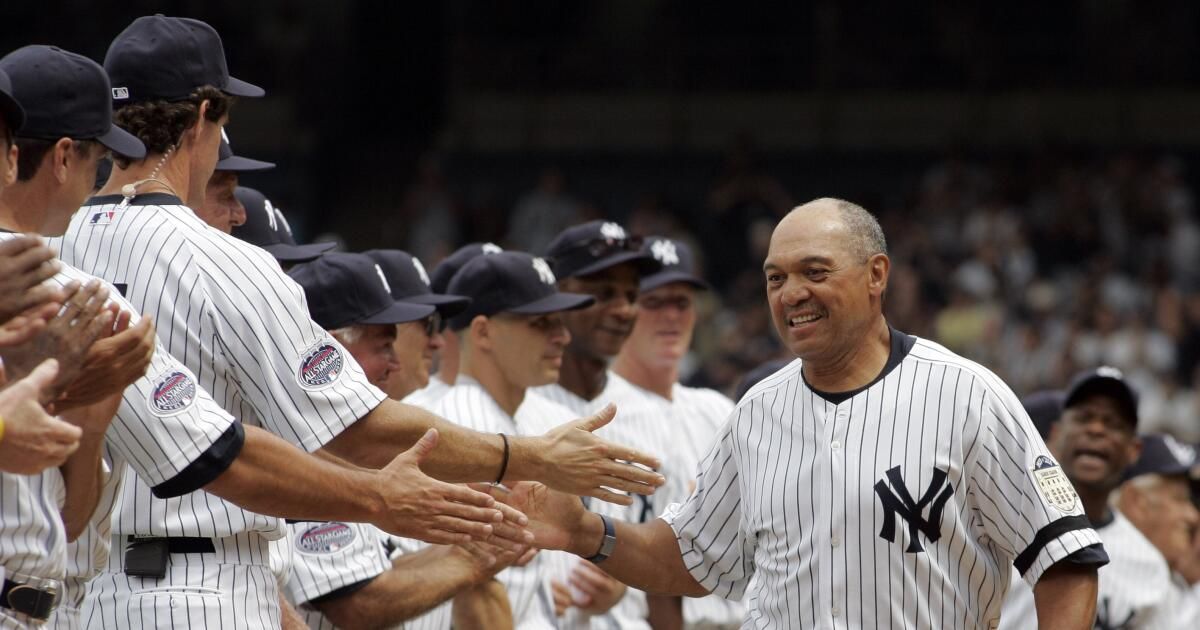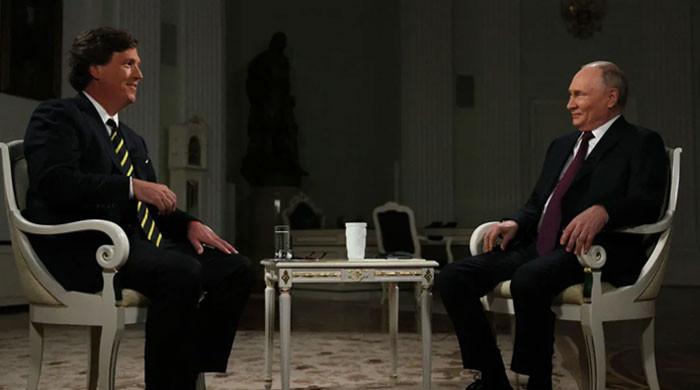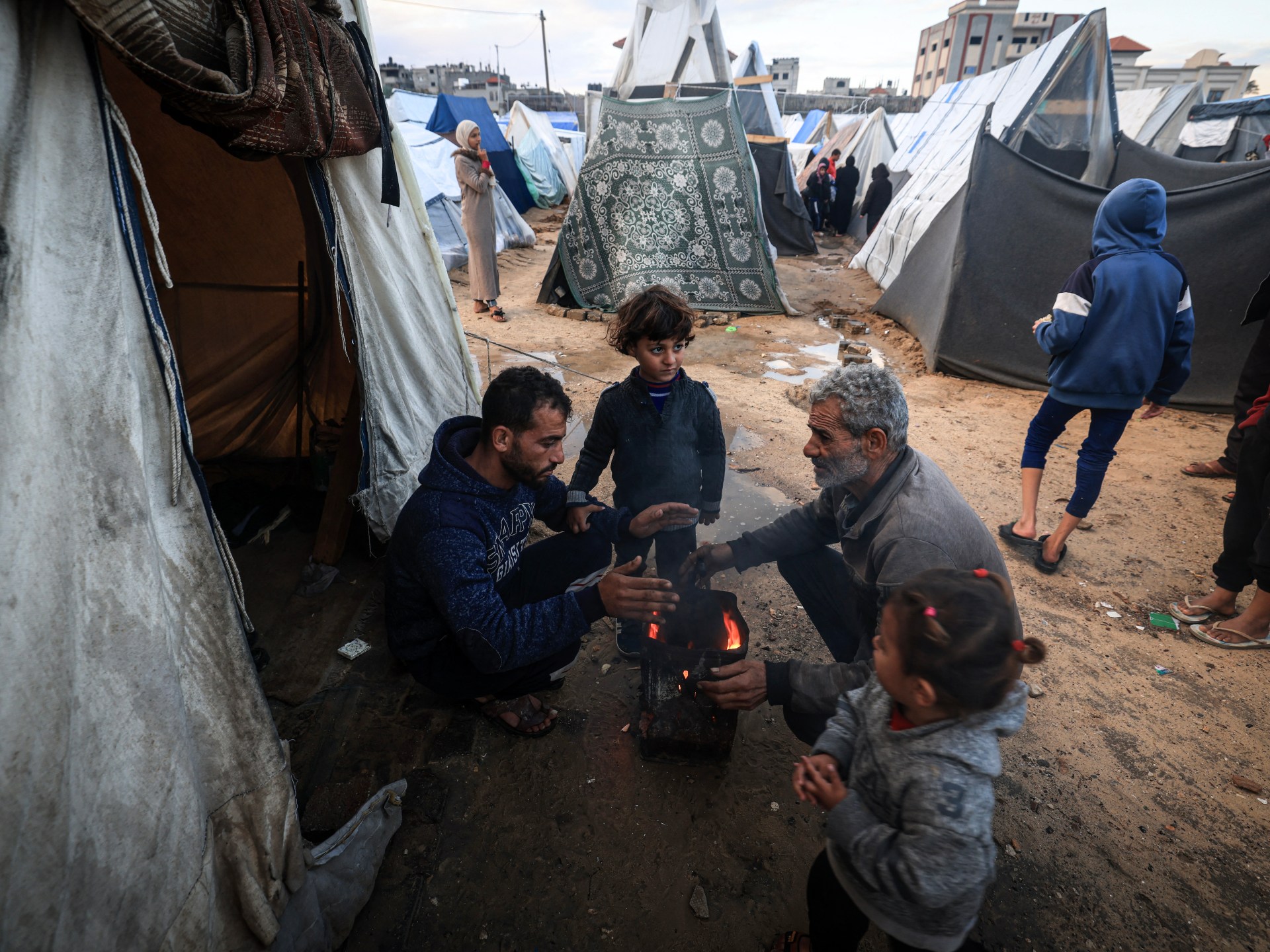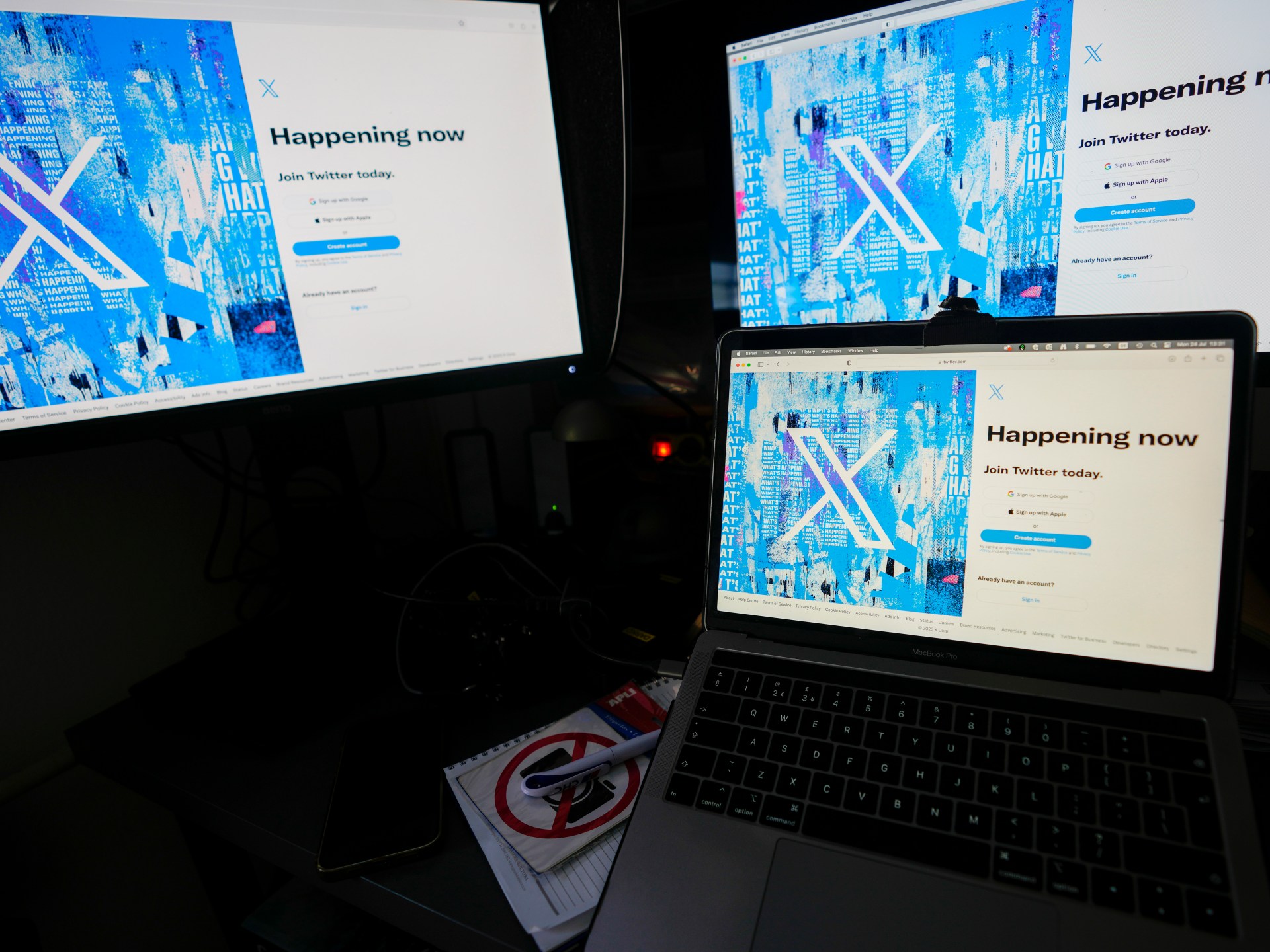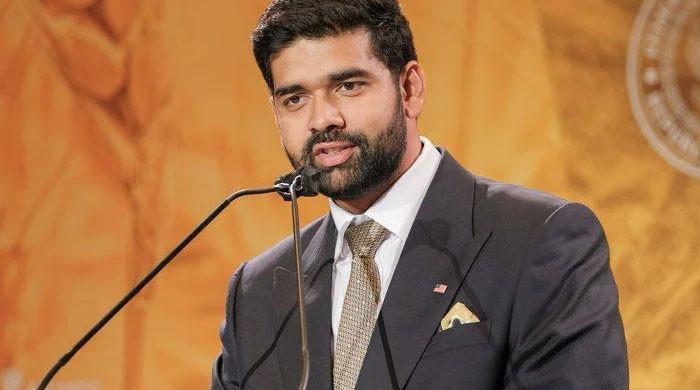Reggie Jackson is a member of the Birmingham Barons Hall of Fame.
Before becoming a five-time World Series champion and Hall of Fame player, Jackson led the double-A Southern League with 84 runs, 17 triples, 26 doubles and 17 stolen bases in 1967, his only season with the league team. minors.
But Jackson's memories of his time in Birmingham, Alabama, are anything but pleasant.
“I wouldn't wish it on anyone,” Jackson said numerous times Thursday while speaking on Fox's pregame show for the first Major League Baseball game to be played at Rickwood Field, the historic former home of the Barons and of the Negro Leagues. Black Barons.
The St. Louis Cardinals beat the San Francisco Giants 6-5 in Thursday's game, billed as “A Tribute to the Negro Leagues” in honor of all the great Negro Leagues players who played in Rickwood from 1920 to 1960. Willie Mays, the legendary Giants outfielder who died Tuesday at age 93, played for the Black Barons in 1948.
When asked by Fox analyst Alex Rodriguez about his emotions returning to Rickwood, Jackson spoke nonstop for nearly three minutes about what it was like to be a black man in the Deep South in 1967.
“Coming back here is not easy,” said Jackson, who had a 21-year major league career with the Kansas City and Oakland Athletics, Baltimore Orioles, New York Yankees and Angels. “The racism when I played here, the difficulty of going through different places we traveled to; Fortunately, I had a coach and players on the team who helped me get through it. But I don't wish it on anyone.
“I would never want to do it again. I walked into restaurants and they pointed at me and said, 'Black people can't eat here.' I went to a hotel and they told me: 'The black man can't stay here.' We went to [Kansas City Athletics owner] Charlie Finley's country club for a welcome home dinner and they pointed the N-word at me: “He can't come in here.” Finley ushered the entire team out. … Finally they let me in and he said, 'Let's go to the restaurant and have hamburgers.' We will go where they want us.'
“Fortunately, I had a manager in Johnny McNamara that if I couldn't eat somewhere, no one would eat. We would get food to travel. If I couldn't stay in a hotel, they would drive to a hotel to find a place I could stay. If it hadn't been for Rollie Fingers, Johnny McNamara, Dave Duncan, Joe and Sharon Rudi, I slept on their couch three or four nights a week for about a month and a half. Finally, they threatened to burn down our apartment complex unless I came out. I do not wish it to anyone”.
Jackson spoke of a dark time in the city's history, including the 1963 bombing of the 16th Street Baptist Church by white supremacists that killed four black girls, ages 11 to 14.
“At the same time,” Jackson said, “if it hadn't been for my white friends, if it hadn't been for a white man in [Finley] and Rudi and Fingers and Duncan and Lee Meyers, I never would have made it. I was too physically violent. He was ready to fight physically. [someone]. They would have killed me here because he would have beaten someone up and you would have seen me in some oak tree somewhere.
At that point, Rodriguez put his arm around Jackson, as fellow Fox commentator Kevin Burkhardt initially struggled to find words in response to what he had just heard.
“Reggie, I… I can't even imagine,” Burkhardt said. “It's horrible that you had to go through that. But hey, you know, I appreciate you sharing the rawness and honesty with our audience.”
“We love you, Reg,” Rodriguez said.

